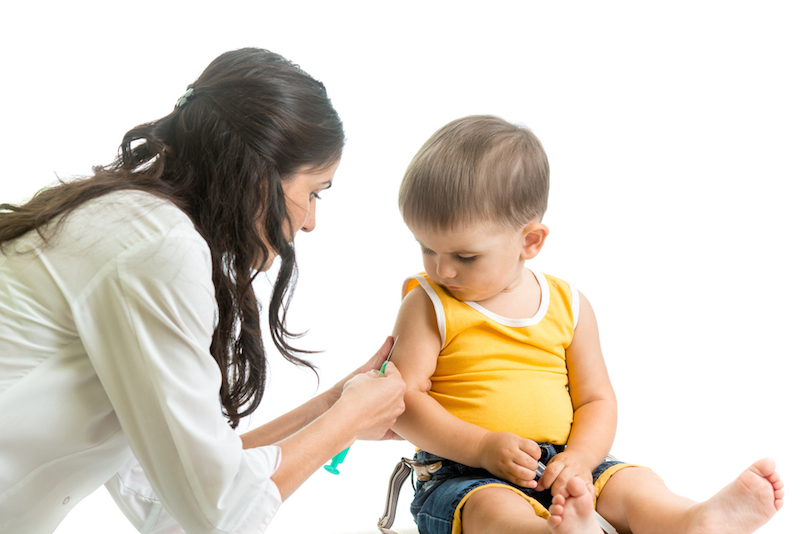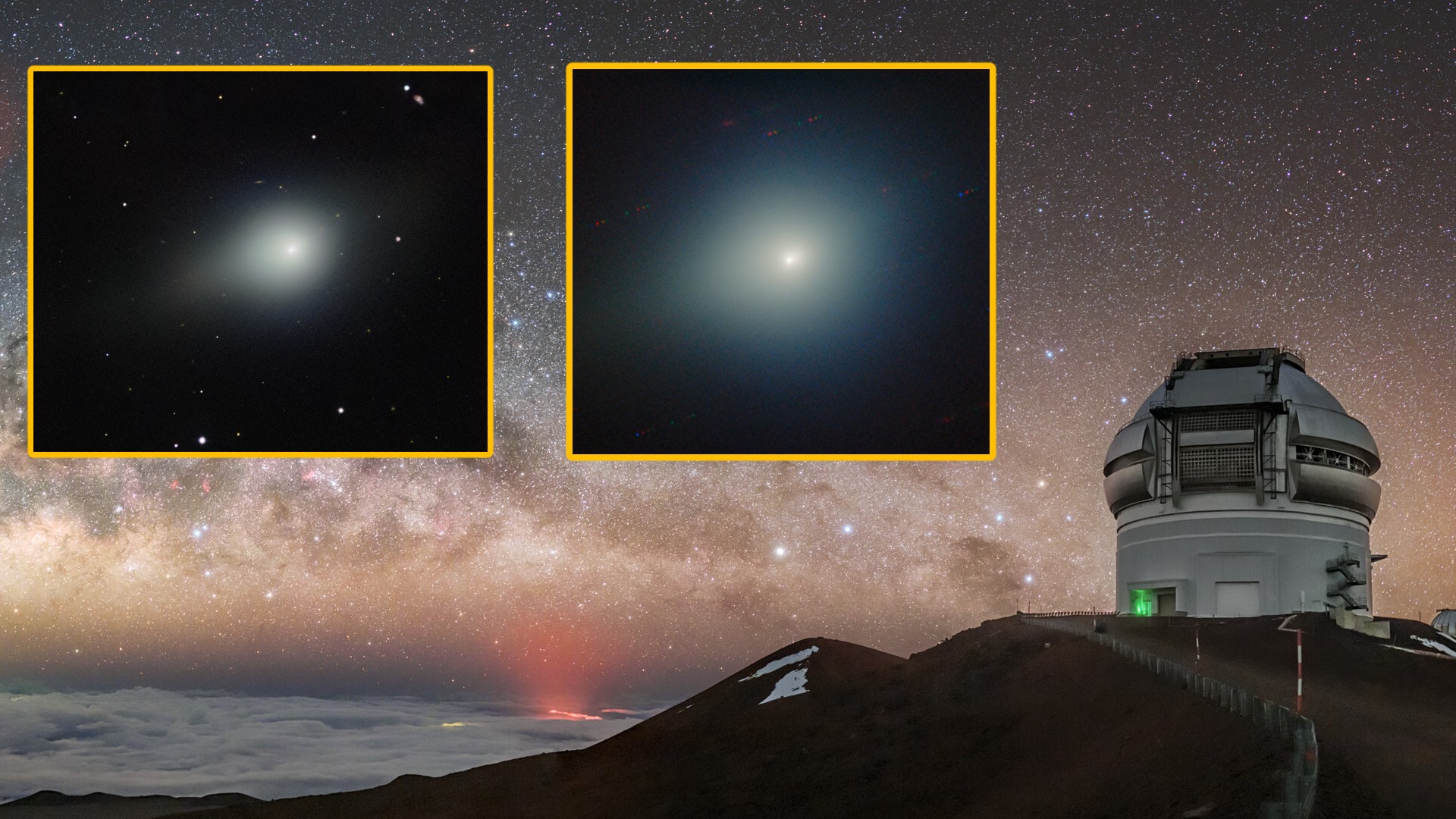US Spike in Measles Cases Due to People Skipping Vaccinations

The sharp rise in measles cases in the U.S. is due to some people not being vaccinated against the disease, officials say.
"This is not a problem of the measles vaccine not working. This is a problem of the measles vaccine not being used," said Dr. Anne Schuchat, assistant surgeon general and director of the Centers for Disease Control and Prevention's National Center for Immunization and Respiratory Diseases.
"It is frustrating that some people have opted out of vaccination," Schuchat added.
So far during 2015, a total of 84 cases of measles have been reported in 14 states, Schuchat said at a news conference today. The majority of these people were not vaccinated against the highly contagious viral disease, she said.
In 2014, there were more than 600 cases of measles in the U.S., more than in any other year over the past two decades. During the years between 2001 and 2010, the median number of cases reported yearly was 60. [5 Dangerous Vaccine Myths]
The CDC is continuing to investigate the outbreak of measles that began at Disneyland in California. So far, 67 cases have been reported in that outbreak, which began in late December.
Measles was declared eliminated from the U.S. in the year 2000, but 20 million cases of the disease occur worldwide yearly. In 2013, more than 145,000 people died from measles worldwide.
Get the world’s most fascinating discoveries delivered straight to your inbox.
People in the U.S. may "think that measles is gone," but travelers continue to bring the disease in the U.S. and spread it to others, she said.
The disease can be serious, and about 15 percent of the people infected in the Disneyland outbreak have needed to be hospitalized. In developed countries, for every 1,000 children who get measles, one to three die.
The CDC recommends that babies receive a first dose of the MMR vaccine, which protects against measles, mumps and rubella, when they reach 12 months of age, and that children receive a second dose when they are between 4 and 6 years old.
Schuchat noted that the vaccine is safe to give to a baby before 12 months — and, in fact, is recommended to be given to babies at 6 months old if they will be traveling internationally. But if the vaccine is given early, an extra dose may be needed later.
The generally high vaccination rates in the U.S. and in individual states may mask the lower vaccination rates within specific communities, Schuchat said. A 2012 report from the CDC found that 90.8 percent of children under age 3 in the U.S. had received their first dose of the measles vaccine.
Follow Live Science @livescience, Facebook & Google+. Originally published on Live Science.



